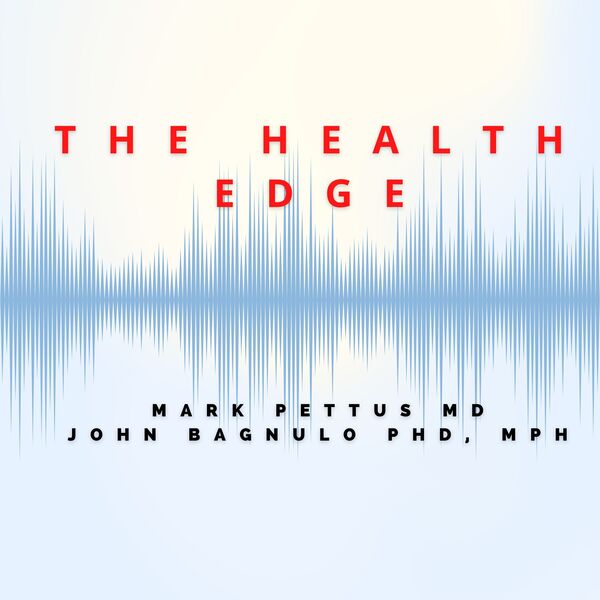In this episode of The Health Edge Mark and John review a recently published study ( Hallberg S. et al Diabetes Ther (2018) 9:583-612) entitled Effectiveness and Safety of a Novel Care Model for the Management of Type 2 Diabetes at 1 Year: An Open Label, Non-Randomized Controlled Trial. The study demonstrates enormous benefit of a LCHF-ketogenic nutritional strategy for the management-reversibility of type 2 diabetes. Enjoy!
Reference List – Ketogenic Diets
Diet Doctor Web Site. This is a terrific information source.
















